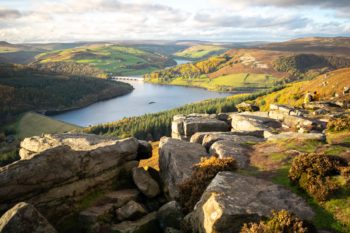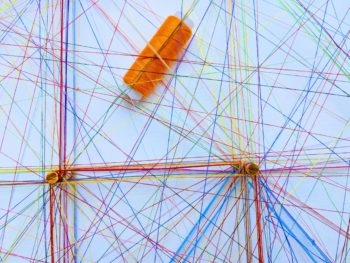Case Study: AI & Sewer Defect Analysis
Although we rarely think about it, sewers are vital to today’s society. To maintain their performance, they must be regularly assessed and maintained. Historically, this assessment has been in the hands of skilled inspectors, who must perform a repetitive and time-consuming process, painstakingly identifying the smallest defects in pipes.
The AI & Sewer Defect Analysis project, led by United Utilities, in partnership with Dŵr Cymru (Welsh Water), Scottish Water, Severn Trent Water, Thames Water, Water Research Centre, and Yorkshire Water Services, aims to considerably improve this process.
By gathering a wide range of image data from partner water companies’ CCTV, the project will enable AI to recognise defects in pipe networks. As a result, improved AI models/software will:
- identify issues more accurately and consistently, and drive a better understanding of how sewers deteriorate
- reduce sewer inspection costs and allow specialists to focus on more complex issues, such as researching innovative repair solutions
Overall, using AI to identify sewer defects will allow considerable benefits to network performance, which will reduce impacts to customers and the environment caused by sewer failures.
Using cloud-based AI technology to code CCTV footage is expected to reduce the time it takes to survey a kilometre of pipe by approximately 20%. For consumers, this will result either in:
- more of the sewer network being assessed – ensuring the future functionality of our sewer networks and providing enhanced protection to customers and the environment; or
- as a direct cost saving to operations teams that can ultimately be passed on in customer bills.
From a societal perspective, there are also direct benefits of:
- reduced on-site time
- associated carbon and health and safety benefits; and
- reduced disruption of service.
While CCTV is already in operation in sewer networks, the current software is restricted by the images available to train the algorithms. This project will develop the first open-source training dataset of its kind, paving the way for future innovation and development across the water sector, and beyond.
The water companies will collaborate to collect shared data while connecting with AI software providers to understand how they effectively identify those images and categorise them. The partners will also establish connections between the water sector and the wider infrastructure industry:
- in the railway sector, where they undertake track inspections; and
- highways, where they undertake road inspections.
Working across sectors will create a functional training dataset that will move AI software forward not only in the UK, but globally. A more human, physical and digital system will be developed which can be adapted to known and unknown future challenges, including climate change and population growth. This will ensure that wastewater assets are maintained for the long-term providing economic, social and environmental value.
This project is now complete, and the dataset can be found on Spring’s Knowledge Transfer Library.




